Affordable Superfoods That Provide Significant Long Term Health Benefits
Superfoods contain high levels of vitamins, minerals, or fatty acids and, therefore, have a range of health benefits. The term 'superfood' has become increasingly popular since 2004, when food and beverage companies in the United States began to market certain products this way. Although ther term may be seen as a marketing ploy, many of these foods have real benefits for those who consume them. Here are fifteen of the most affordable superfoods available today.
Dragon Fruit
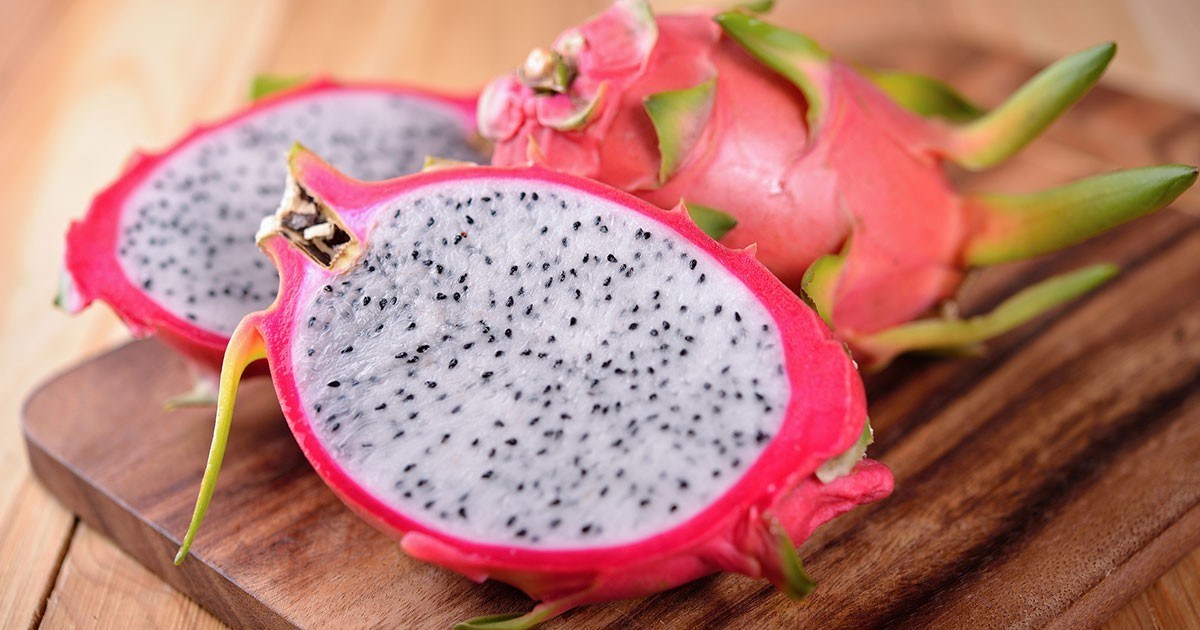
Although dragon fruit looks like a food from a foreign planet, it is rich in vitamins C, B1, B2, and B3, all of which have health benefits. Dragon fruit is well known for boosting cardiovascular health, suppressing arthritis, fighting diabetes, and reducing signs of aging. Containing high levels of such minerals as iron, calcium, and phosphorous, dragon fruit also reduces bad cholesterol in the body. Its high fibre content promotes digestive health and its antioxidant content gives acai berries a run for their money. Dragon fruit can be purchased for a reasonable price.
Green Tea
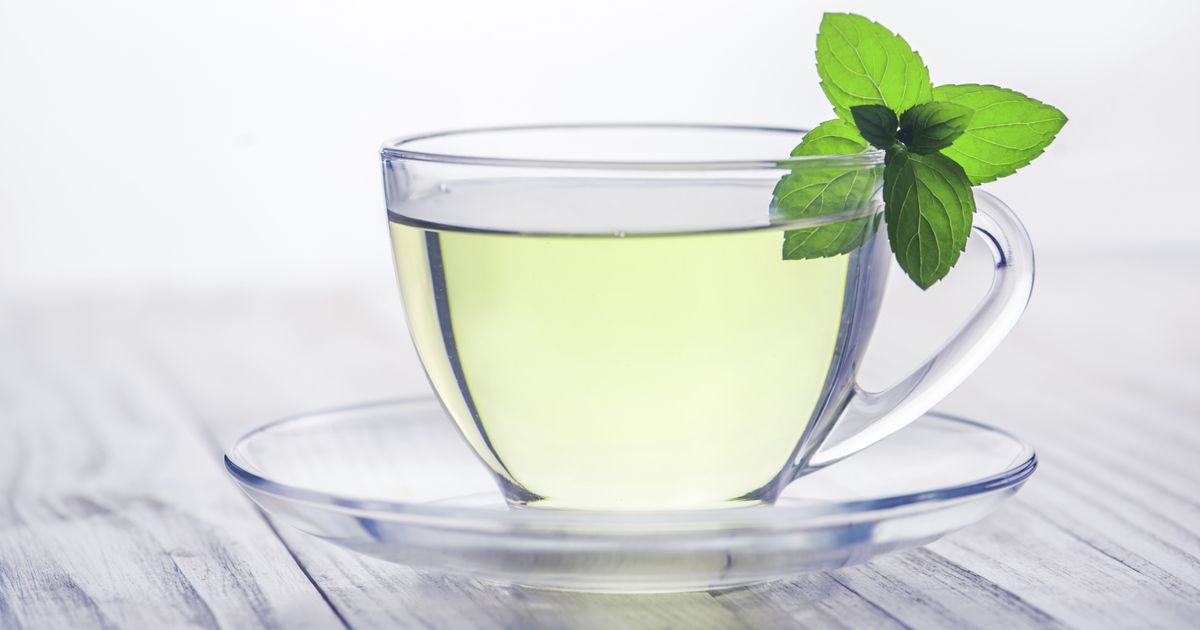
Green tea is most well known for its anti-aging properties and high level of antioxidants. It has also been associated with lower rates of diabetes, heart disease, and cancer. However, what many people do not know about green tea is that it can facilitate weight loss and boost the metabolism by reducing cholesterol in the bloodstream and regulating blood pressure. Furthermore, green tea can improve the condition of hair and skin. Used as a supplement in China for thousands of years, green tea is now a popular beverage in the West because of its many health benefits, affordability, and accessibility.
Lemon Water

Lemon water is a particularly simple superfood that many people drink on a daily basis, usually in the morning. It is made by chopping up a lemon and placing in into a glass of boiled water, letting the beverage rest for up to 120 minutes, and then consuming it. Drinking a large glass of water in the morning is a great way to start the day, and adding lemon can give an otherwise boring beverage a zesty and flavourful kick. Like tea, lemon water can promote a healthier weight and metabolism. It also has positive effects on the digestive system when consumed regularly. Diluting the lemon in water helps the beneficial acids in it get absorbed by the body instead of getting stuck to the teeth.
Beets
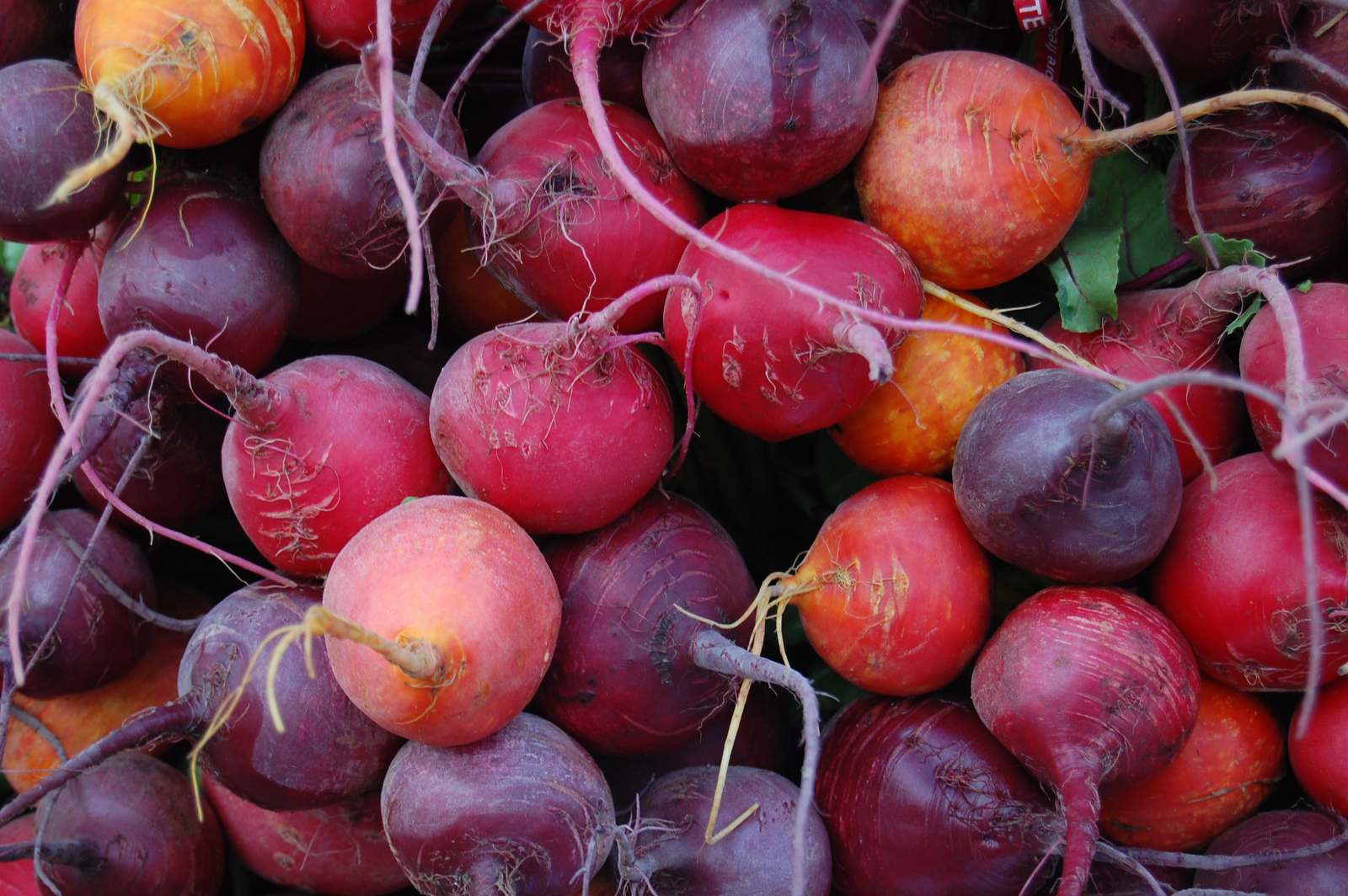
Oahu Fresh
Beets have been grown for more than 4,000 years and are still a popular superfood today. They regulate blood pressure levels because they contain nitric acid, which helps to relax blood vessels. Nitric acid also boosts stamina and reduces fatigue. In addition, beets contain betaine, a nutrient that protects cells and enzymes from environmental stress and reduces inflammation. Beets are rich in vitamin C, fibre, and folate, which promote nervous system, bone, and organ health. They also purify the body by detoxifying the bloodstream and liver. There are many different ways to prepare beets.
Ginger
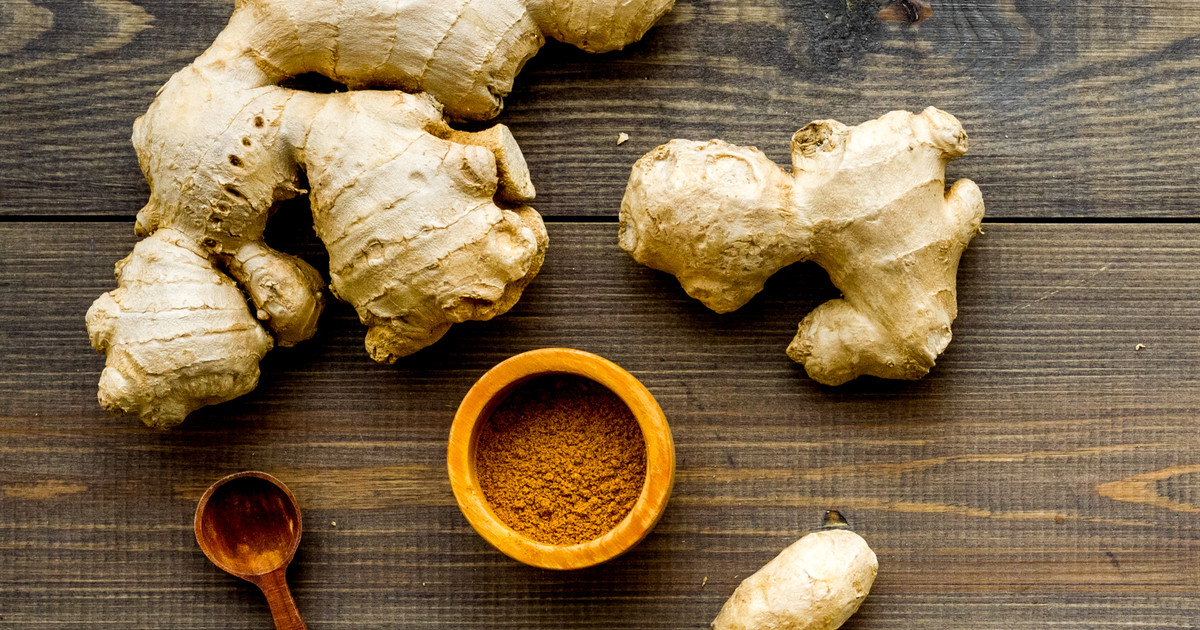
Perhaps most known for treating stomach problems, such as motion sickness and nausea, ginger is considered a superfood because of its high antioxidant and mineral content. Belonging to the same family of plants as turmeric, this root has been used to make a health tonic in China and India for thousands of years. Ginger regulates digestion and reduces pain and inflammation, making it helpful for people with arthritis, stomach ulcers, or fungal infections. It is also considered to be an immune system booster, protecting the body against common colds and the flu. Science shows that many of its benefits can be attributed to gingerol, an oily, resinous compound found in ginger.
Spinach
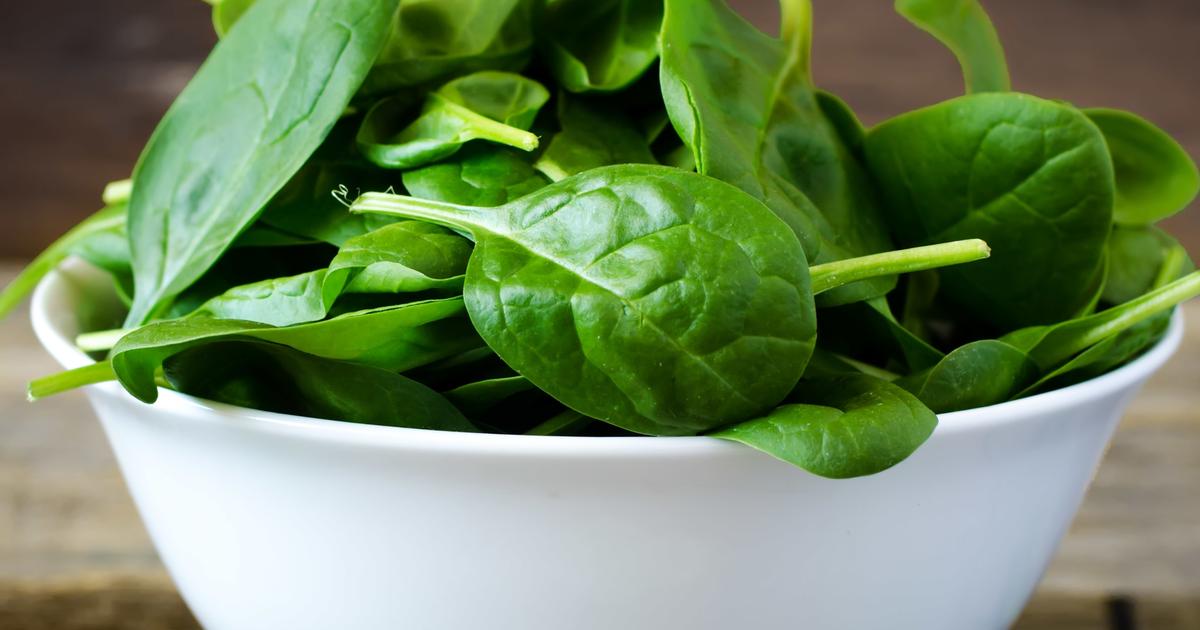
Spinach is high in niacin, which reduces the risk of cardiovascular disease, and zinc, which fights cancerous cells in the body. One cup of raw, uncooked spinach contains 0.86 grams of protein and 0.81 grams of iron, both of which boost strength and energy. This superfood is also high in vitamins A, B6, C, E and K, all of which have important health benefits, including supporting blood vessel function, preserving bone health, and improving immune function. Because spinach is high in potassium, which regulates blood pressure, people with high blood pressure are encouraged to eat it. Low in fat and cholesterol, spinach is a guilt-free addition to many meals.
Chia Seeds
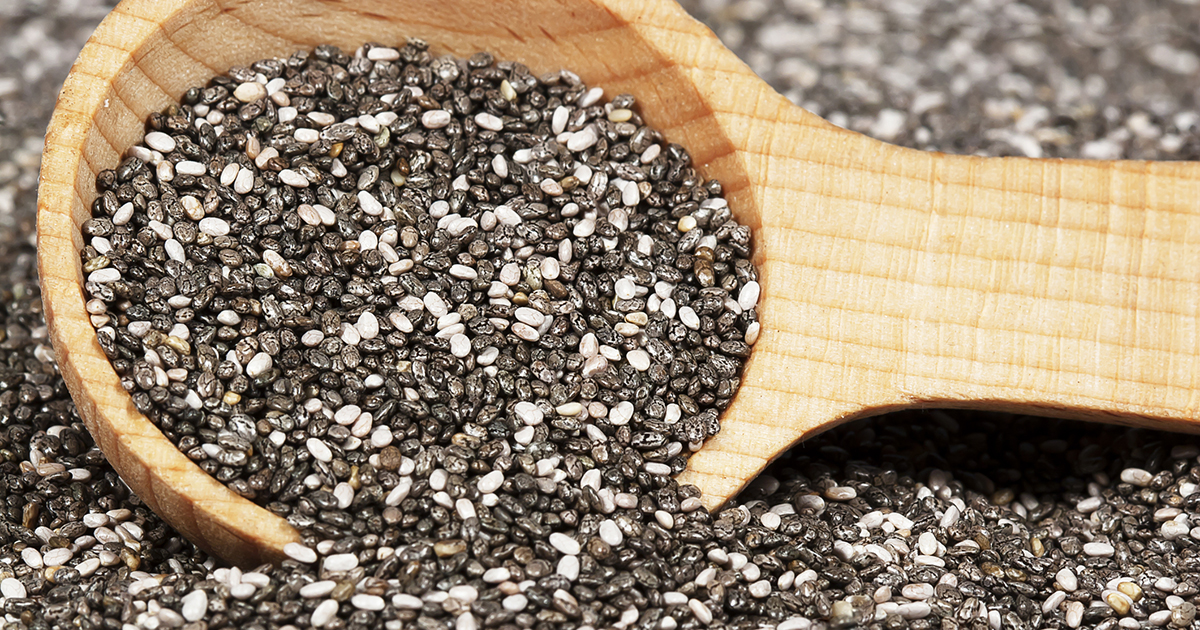
Despite their minuscule size, chia seeds are high in omega-3 fatty acids, antioxidants, protein, and calcium. All of these nutrients contribute to reduced rates of cardiovascular disease, diabetes, and cancer, although more studies are needed to verify these benefits. Another ancient food on this list, chia seeds were consumed by ancient Aztec and Mayan populations to get a quick boost of energy. One ounce of chia seeds contains four grams of protein, twelve grams of carbohydrates, and eleven grams of fibre. Helpful for regulating the bloodstream and strengthening bones, chia seeds are easy to incorporate into many dishes and can even be used in desserts.
Quinoa
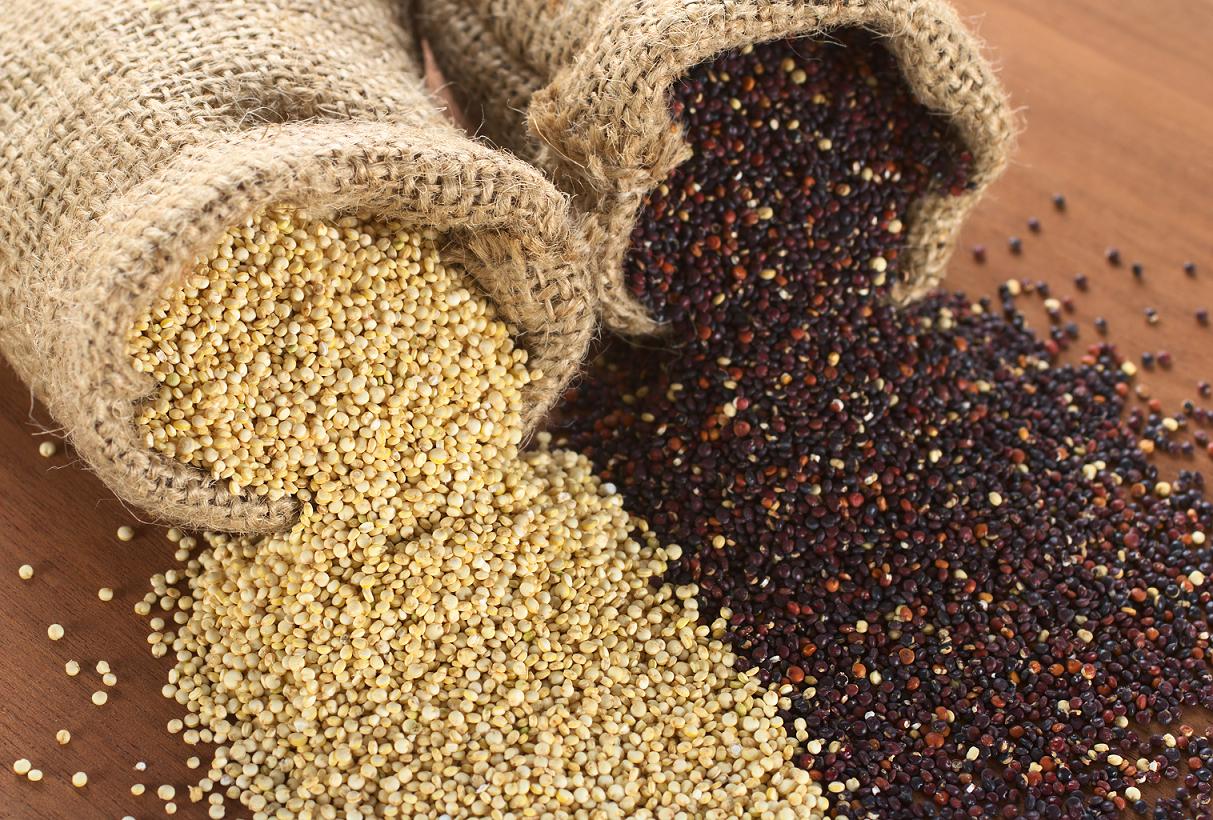
This superfood's history traces back 7,000 years to mountainous regions of South America, where it is thought to have first grown. Quinoa is known for its high levels of protein, iron, folate, and manganese. It is considered to be a 'complete' protein source because it contains all twenty amino acids, including ten the human body is not capable of producing. Quinoa also facilitates healthy weight maintenance by reducing cholesterol in the body. The omega-3 fatty acids in quinoa fight inflammation and the magnesium in it can reduce the risk of heart attacks and strokes. Gluten free, quinoa is a great option for people with a gluten sensitivity or celiac disease.
Turmeric
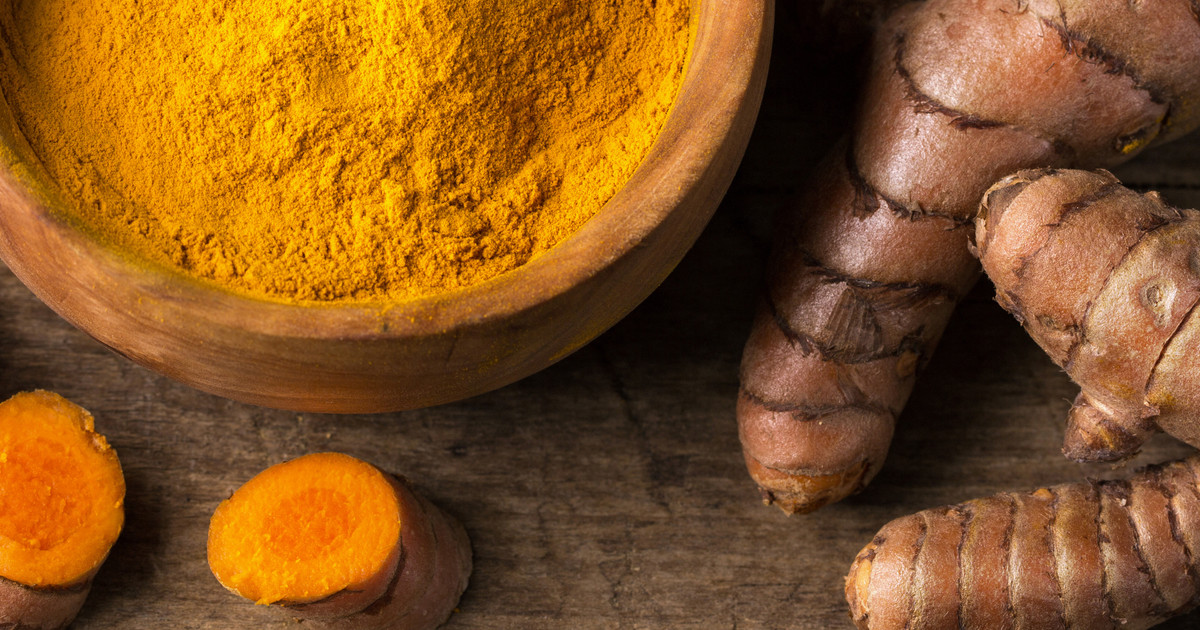
Turmeric is a powerful spice that has been used for thousands of years in Asian and Indian cooking. Today, it is a readily available superfood. Related to ginger, turmeric contains no sugar and is loaded with iron, protein, minerals, and antioxidants. It balances blood sugar levels in the body and is a natural anti-inflammatory agent that reduces symptoms of arthritis. There is also evidence that it can improve symptoms of Alzheimer's disease and mental illnesses, such as depression. Adding turmeric to honey tea is an easy way to consume it.
Freekeh
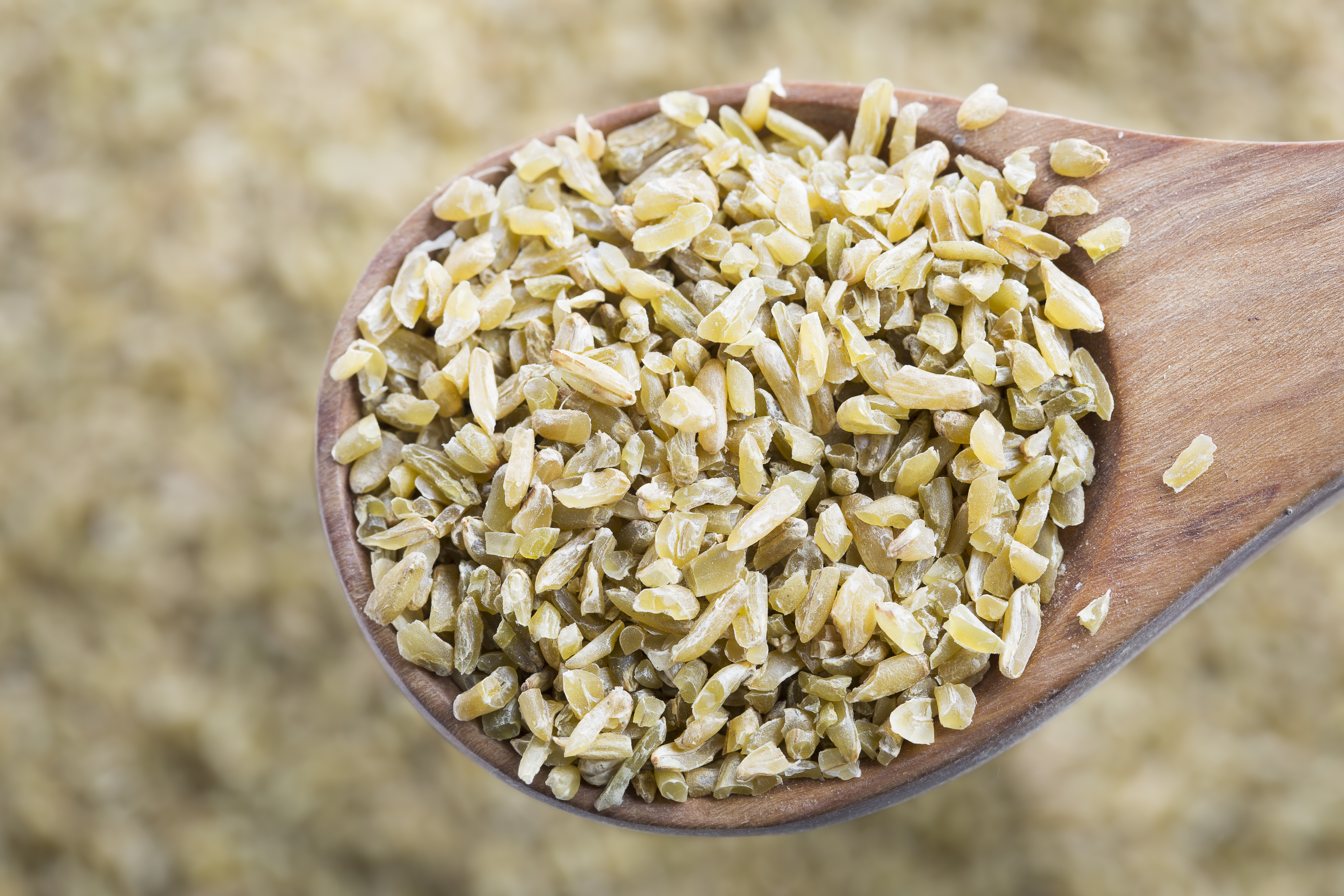
Freekeh has been especially popular in the Middle East and the Mediterranean for a long time. It looks similar to quinoa but is not gluten free. This superfood is high in calcium, iron, protein, and zinc. One hundred grams of freekeh contain 14.9 grams of protein, 32 milligrams of iron, 370 milligrams of calcium, and 31 milligrams of zinc. Freekeh is known to be good for the digestive system because of its high fibre content. In fact, freekeh contains three times the amount of fibre brown rice does. It can also promote weight loss or healthy weight maintenance when eaten regularly. In addition, the antioxidants in freekeh improve eye health and regulate free radical cells in the body.
Avocado
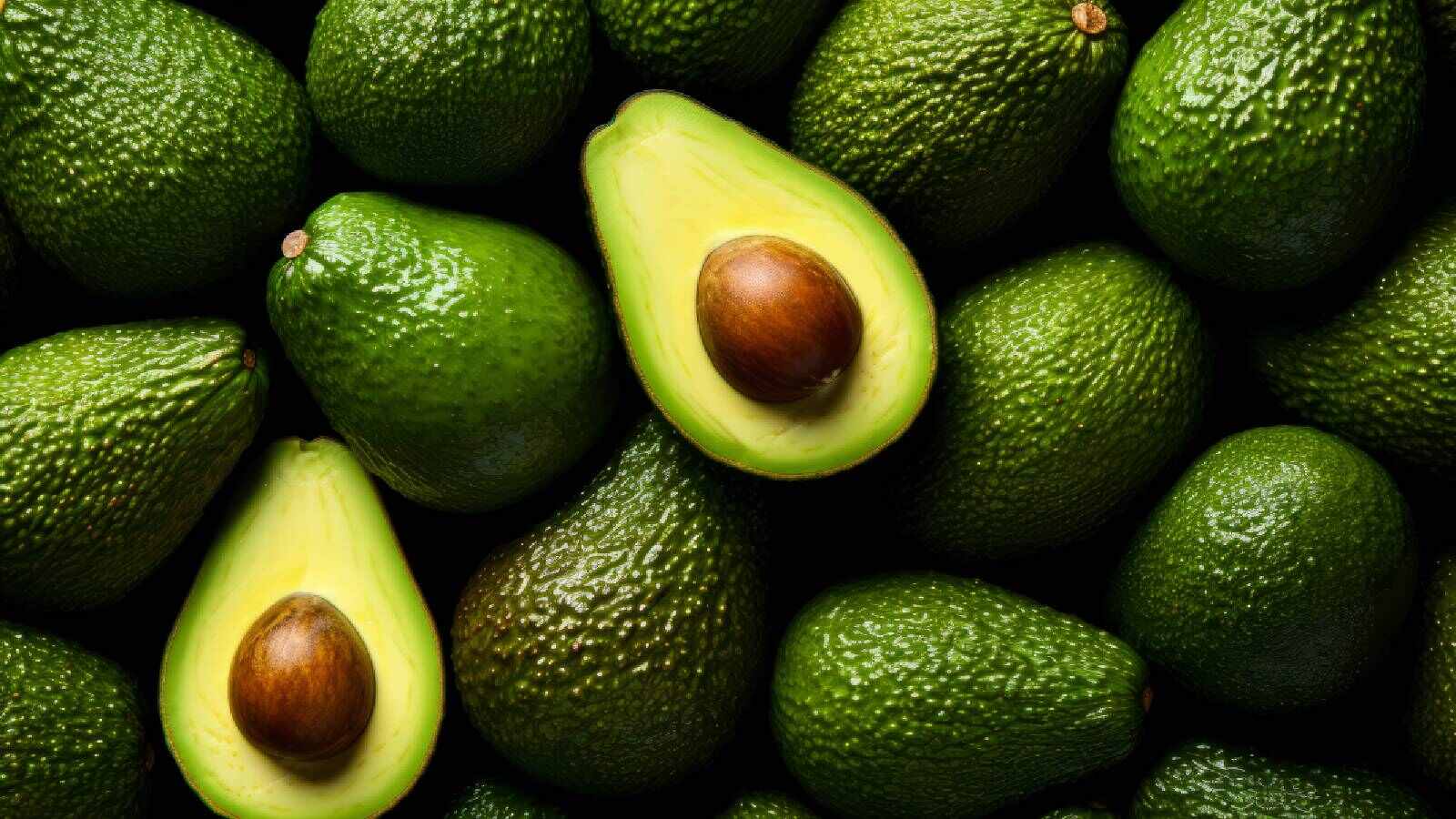
High in vitamin C and vitamin K, avocado helps to prevent cancer and regulate the digestive system. Avocados also contain more potassium than bananas do, which allows them to improve blood pressure and reduce the risk of cardiovascular disease. A study in the United States of just over 17,500 participants found that people who ate avocados were significantly healthier than those who did not. They also weighed less and had a healthier body mass index. Because avocados are packed with antioxidants they can help to maintain long-term vision health. Although most people eat avocado as a whole food, it can also be consumed as an oil, which is a safe and healthy alternative for cooking.
Flaxseed
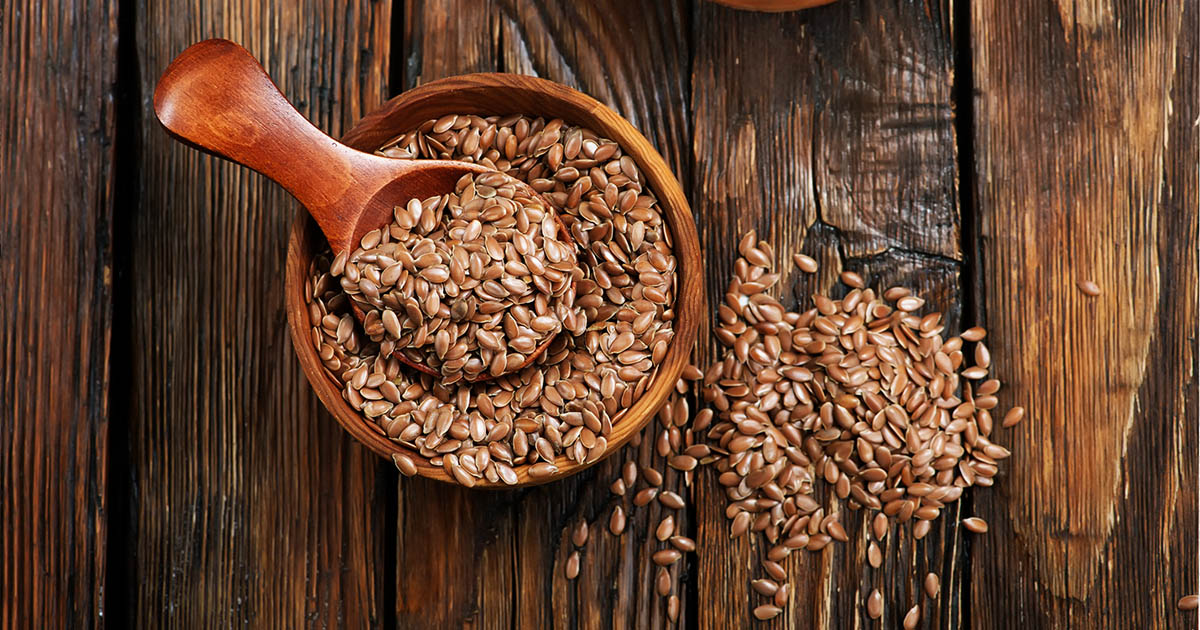
Flaxseed is known for its high fibre content and ability to enhance digestive health and lower cholesterol. The benefits of this superfood were evident as far back as the eighth century when King Charlemagne passed a law that made it mandatory to consume flaxseed. A rich source of antioxidants, omega-3 fatty acids, and vitamin B1, flaxseed may prevent cancer, diabetes, heart attacks, and strokes. It can be added to cereals, smoothies, salads, homemade bread, and even meat dishes to give these foods a nutritional boost. Experts recommend consuming one or two tablespoons each day to optimize the health benefits of this superfood.
Salmon
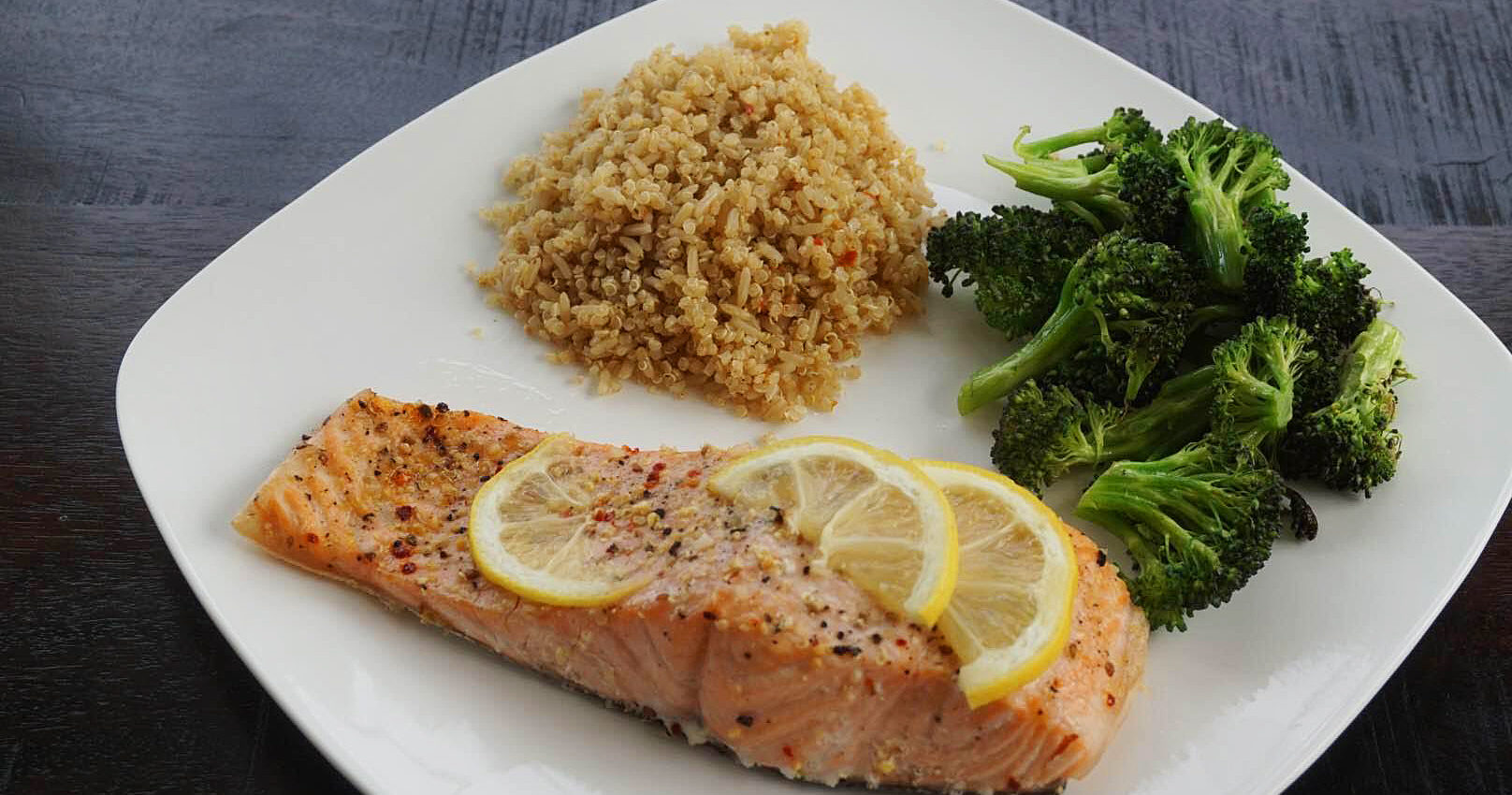
Salmon contains high levels of omega-3 fatty acids, protein, vitamins (including vitamins B12 and D), and minerals. These nutrients can reduce inflammation and provide protection against age-related conditions, such as arthritis and glaucoma. Furthermore, the fatty acids help to maintain heart and digestive health. Medical studies have found evidence linking salmon consumption to improved memory and brain function. In addition, it enhances the condition of skin, hair, bones, and nails. Salmon can be prepared in many ways and in combination with a variety of foods.
Sardines

Sardines are a good source of antioxidants, which help to regulate the immune system and prevent damage from free radical cells. Like salmon, canned sardines are rich in omega-3 fatty acids, protein, and vitamin D. However, they are much cheaper to purchase. Sardines reduce inflammation and pain, making them an ideal superfood for people with arthritis or injuries. Just three ounces of sardines contains twenty-three grams of protein, which is more than most protein shakes contain. This amount of sardines also provides forty-four percent of the recommended daily intake of vitamin D and thirty-five percent of the recommended daily intake of calcium. Sardines are readily available in grocery stores and can be consumed straight from the can or on a pizza.
Cinnamon

Cinnamon has been used as a cooking ingredient, fragrance, and traditional medicine for a number of years. More recently, however, people around the world have incorporated it into their daily diet. High in fibre, iron, calcium, and antioxidants, cinnamon protects the body from damage by free radicals. It also helps the body absorb insulin, which is beneficial for people with diabetes. Although more studies are needed, scientists have found evidence that cinnamon may prevent arthritis, cancer, and heart disease. Cinnamon is affordable, easy to find in grocery stores, and a delicious addition to a variety of foods, including teas and desserts.
